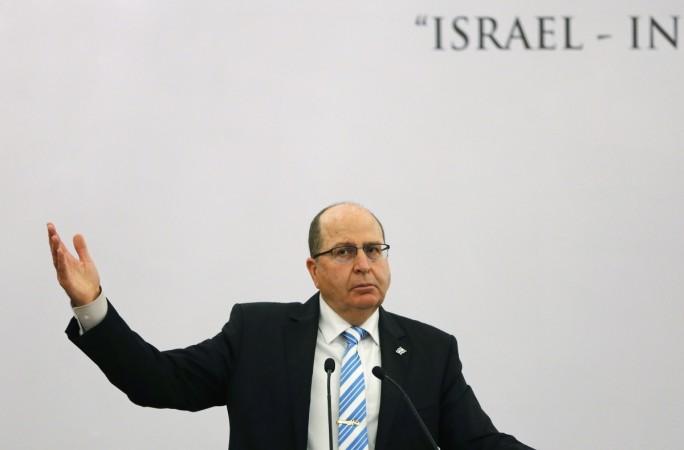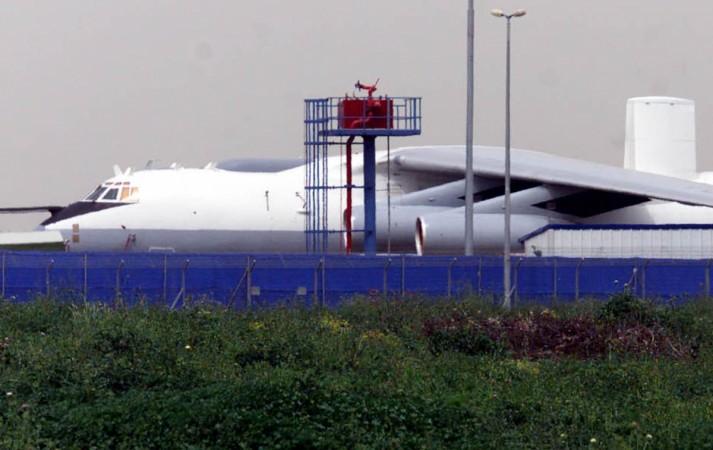Shrugging off fears that Israel-India defence ties may be perceived as hurting India's relationship with the Arabs, Israel acknowledged on Thursday that security ties with India are very much in the open, unlike in the past.
"We used to have our relationship, security wise, behind the scene," said Israeli Defence Minister Moshe Ya'alon in New Delhi, while addressing a lecture on ''Israel-India Partnership in the 21st Century''.
The nature of the security relationship between the two countries – that establish diplomatic ties in 1992 – was largely kept secret, given the sensibilities of India's large Muslim population and also fears of adversely impacting India's ties with Arab countries.
But a new government at the Centre headed by the BJP, which is keen on enhancing defence ties with Israel to face the threat of Islamic militancy, has probably emboldened Israel.
The country has also emerged as one of the top three weapons suppliers to India, said Reuters.

Over the years, Israel has supplied India with ship defence missiles, unmanned aerial vehicles or drones, with the transactions mostly kept under the wraps.
India receives most of its crude oil imports from Arab countries, and many of these countries are dependent on Indian labour for much of their local economic output, which also makes India the world's largest receipent of remittances from migrants.
Prime Minister Narendra Modi has apparently found in Israel a partner to combat Islamic militancy, and has cultivated better ties, including holding a meeting in New York last year with the Israeli Prime Minister Benjamin Netanyahu, who is contesting in the upcoming Israeli elections next month.
The meeting between the two Prime Ministers has been followed up with broad level consultations between the two countries, which has resulted in the first ever visit to India by an Israeli defence minister.
"And now I am here ... in Delhi to meet Prime Minister Modi and other ministers," Ya'alon said.

The Defence Minister's visit is considered important with India planning to acquire a pair of Phalcon AWACS – airborne early warning system, to be mounted on India's Russian-made aircraft, according to the Reuters report.
India already has three such "eyes in the sky", which help supply the military intelligence wing with a 360 degree, 400 km wide sweep, alerting the base if it detects flying enemy aircraft or missiles. The deal was closed a decade back and signalled the start of renewed relations between the two nations.
Israel was ready to share with India the necessary defence technology, Ya'alon added, supporting India's 'Make in India's programme.
"We see India as a partner and a friend. That is why we are ready to share technology," he said, adding that he was looking for ways to upgrade the defence relationship.
On Wednesday, Israel's Rafael Advanced Defence Systems and India's Bharat Forge announced a partnership to build the Spike anti-tank guided missile system, including technology transfer to India.
India's defence forces are largely been dependent on imports for their defence hardware neeeds.
With a government at the Centre that is keen on technology transfer to enhance the indigenous component in defence equipment, more manufacturing activities are poised to shift to India.

















